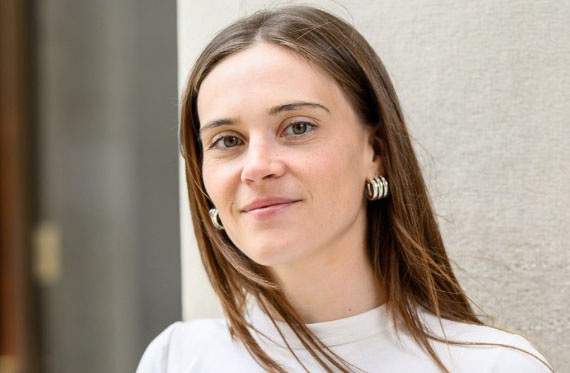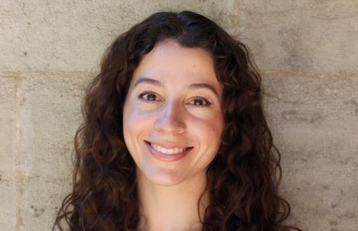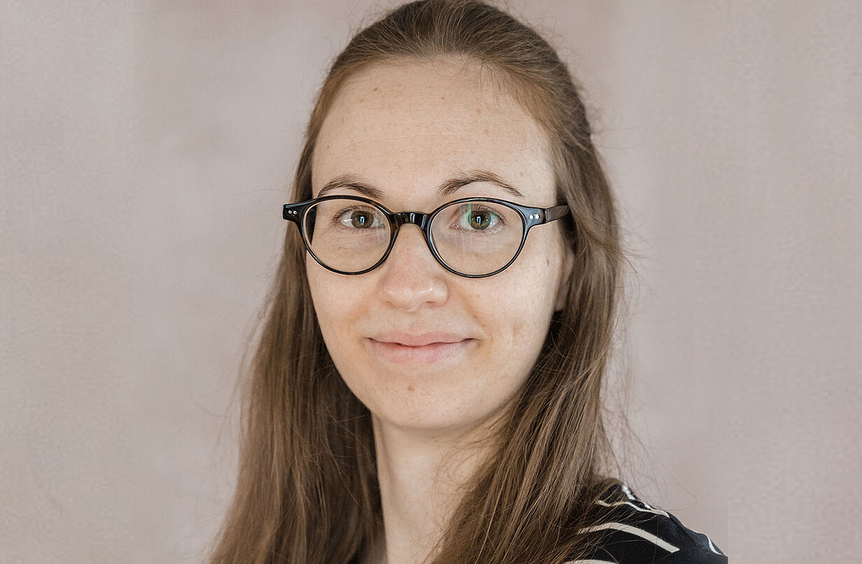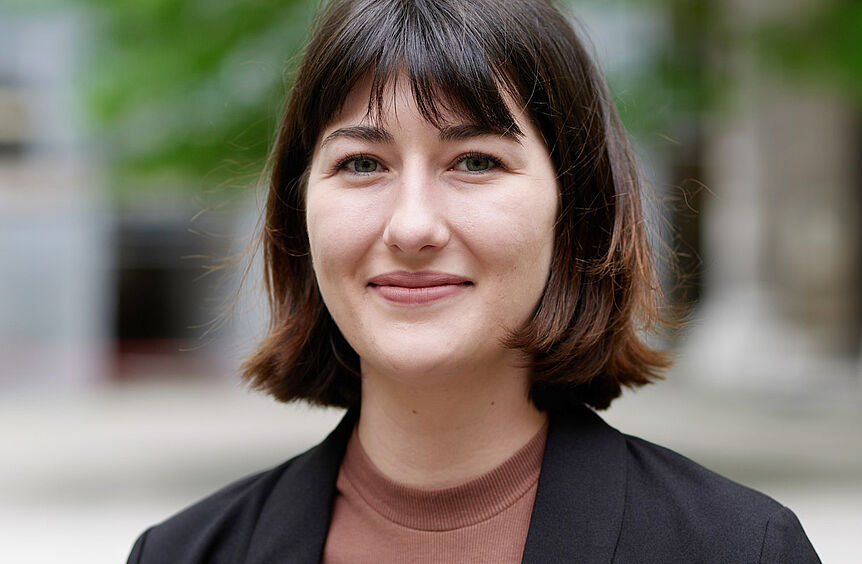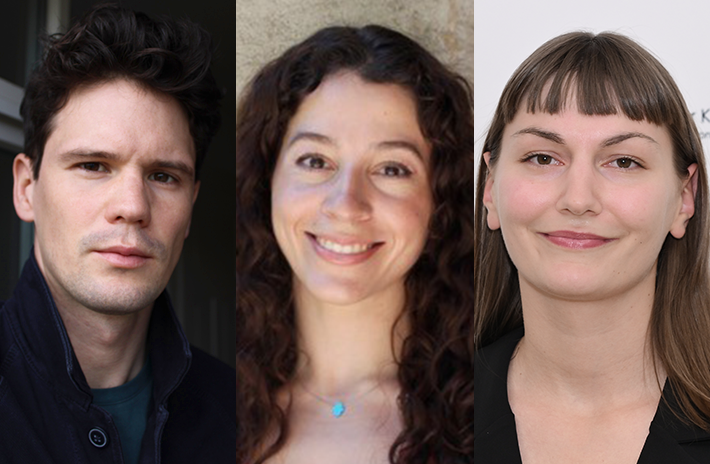The Vienna Doctoral School of Social Sciences promotes innovative, excellent, problem-oriented research that aspires to contribute to societal debates and address key global challenges.
The cohorts trained and supported by the ViDSS are part of a vibrant research environment and international networks. The ViDSS encompasses and fosters connections between a broad range of disciplinary, interdisciplinary and transdisciplinary perspectives. The ViDSS embraces the entire range of epistemological, methodological and theoretical approaches that are employed at the Faculty of Social Sciences. Doctoral candidates receive research training and write a doctoral thesis in the fields of communication, demography, development studies, nursing science, political science, science and technology studies, social and cultural anthropology, and sociology. The ViDSS aims for the highest standards in doctoral training and close supervision to ensure a mastery of social scientific debates and relevant theories and methods. As a result, ViDSS graduates are highly employable both within and outside academia.
New publications by ViDSS students
In: Health Policy, Vol. 157, 2025.
Publications: Contribution to journal › Article › Peer Reviewed
In: Communication Theory, Vol. 35, No. 3, 2025, p. 163–172.
Publications: Contribution to journal › Article › Peer Reviewed
In: Fachzeitschrift für Palliative Geriatrie, Vol. 1, No. 1/2025, 2025, p. 35-37.
Publications: Contribution to journal › Article › Peer Reviewed
Publications: Electronic/multimedia output › Web publication
Wien: Österreichische Akademie der Wissenschaften (ÖAW), 2025.
Publications: Working paper
Innovationen in der politischen (Weiter-) Bildung: Politikdidaktische Strategien, Konzepte und Methoden in Zeiten der Polykrise. ed. / Elizaveta Firsova-Eckert; Dirk Lange. SpringerVS, 2025. p. 161-170 (Bürgerbewusstsein).
Publications: Contribution to book › Chapter › Peer Reviewed
In: Progress, 2025.
Publications: Contribution to journal › Article › Peer Reviewed







